<--- Back to Details
| First Page | Document Content | |
|---|---|---|
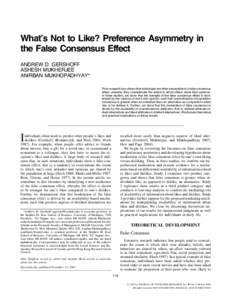 Date: 2010-06-29 05:13:59False consensus effect Psychology Construals Halo effect Vested interest Consensus Social psychology Behavior Behavioural sciences |
Add to Reading List |
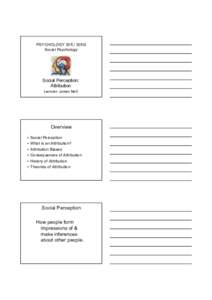 | Microsoft PowerPoint - Attributions&RelationshipsBWDocID: 1rr0t - View Document |
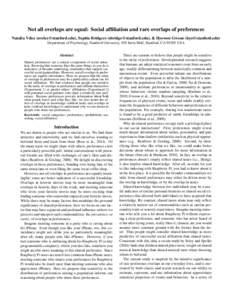 | Not all overlaps are equal: Social affiliation and rare overlaps of preferences Natalia V´elez (), Sophie Bridgers (), & Hyowon Gweon () Department of Psychology, SDocID: 1p1N4 - View Document |
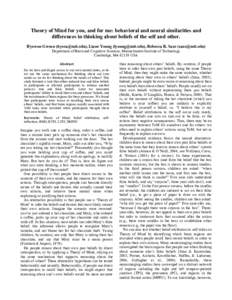 | Theory of Mind for you, and for me: behavioral and neural similarities and differences in thinking about beliefs of the self and other. Hyowon Gweon (), Liane Young (), Rebecca R. Saxe (saxe@miDocID: 1mWU9 - View Document |
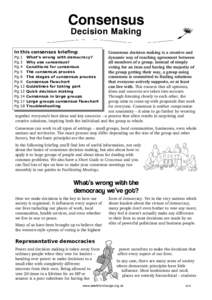 | Consensus Decision Making In this consensus briefing: Consensus decision making is a creative andDocID: 1lFNV - View Document |
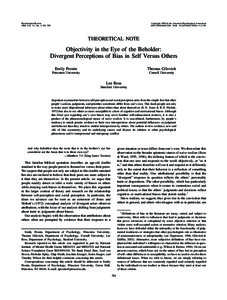 | Psychological Review 2004, Vol. 111, No. 3, 781–799 Copyright 2004 by the American Psychological Association 0033-295X/04/$12.00 DOI: 295XDocID: 18N46 - View Document |
 What’s Not to Like? Preference Asymmetry in the False Consensus Effect ANDREW D. GERSHOFF ASHESH MUKHERJEE ANIRBAN MUKHOPADHYAY* Prior research has shown that individuals are often susceptible to a false consensus
What’s Not to Like? Preference Asymmetry in the False Consensus Effect ANDREW D. GERSHOFF ASHESH MUKHERJEE ANIRBAN MUKHOPADHYAY* Prior research has shown that individuals are often susceptible to a false consensus